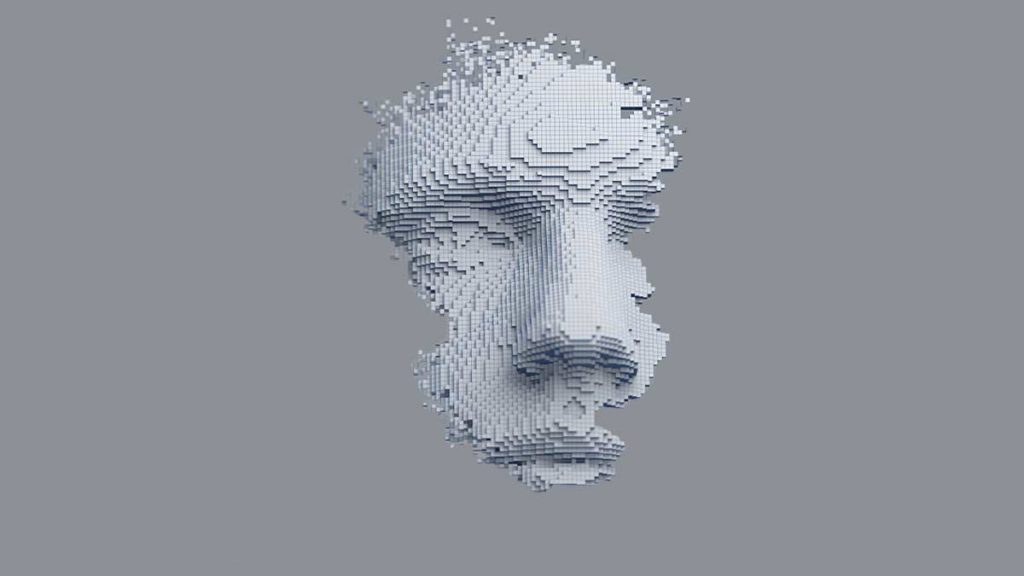
Technology developments are giving rise to new use cases and even newer applications. As such, we will be able to see benefits and opportunities in this era of digital transformation, to meet the ever-growing needs of the ‘digitally savvy’ consumer. Inside Telecom takes a closer look at aspects of technology transforming our lives in 2020.
Hyper-automation
This process takes automation to the next level. Hyper-automation requires a combination of tools to support replicating aspects of human involvement, which was kick-started with Robotic Process Automation (RPA). Growing technologies like hyper-automation present viable opportunities for businesses – increasing workforce engagement and providing instant analytics. However, it also produces security concerns by presenting new vulnerable points for potential attacks. Security experts in all sectors, must address and evaluate these challenges by learning about the impact of AI on overall security.
Democratization of technology
The term refers to the idea that technology is becoming increasingly accessible to more people in our society. It is no longer the case that technology is only learned and understood by a select group of experts or requires extensive or expensive training. In the past, automation was managed and deployed by the expert professionals. Today, ideas are being shared more frequently in an attempt to move technology forward at a faster, more progressive rate. In fact, consumers are now able to gain greater access and insights into more high-tech, sophisticated technological products, available in the market. People are able to participate more openly in the development of products and help push technology further, for the greater good of society.
Multi-experience
Multi-experience is revolutionizing the user experience in the modern world. This concept comprises of the shift from a two-dimensional screen and keyboard interface to a more multi-modal interface experience where we are immersed by the technology we use. Businesses of all sizes, are still trying to figure out how people interact with and experience digital technology. Even though multi-experience captures a broad scope of meaning, one can agree that businesses must see beyond conventional mobile applications. Multi-experience currently focuses on immersive experiences that use Virtual Reality (VR), Augmented Reality (AR), Mixed Reality (MR) and Sensing Technologies. The aim is to create a unified, impactful and consistent experience across platforms with consideration to the human context – relatable to all types of consumers/users.